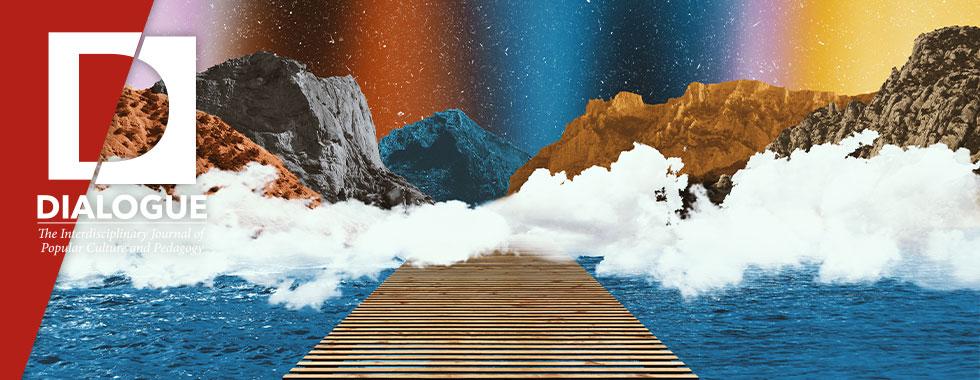Document Type
Article
Abstract
This article investigates the way the popular American television program The Big Bang Theory represents the pursuit of scientific knowledge and reflects on the cultural and educational implications of the show’s contradictory problematization and valorization of the reductionist method at the core of modern Eurocentric science. Drawing on story-lines relating to military research, animal experimentation, and pharmaceutical drug trials, we consider the show’s precarious balance of implicit critique (the consistent exposé of systematically violent, often unethical research) and overt celebration (the presentation of science as “cool,” and its practitioners as flawed but endearing). This tension, we argue, enhances the show’s value for educators, serving as a case study of both the potential for, and the limits of, interrogating scientific orthodoxy via popular culture. The critical flaw in the show is its unquestioning acceptance of the western scientific method and its obliviousness to the merits or existence of alternative, non-Eurocentric approaches. Revealing this absence, we conclude, offers an opportunity for educators to foster respectful engagement with non-reductionist methods of inquiry into natural reality, including those central to the theory and practice of Indigenous Science.
Recommended Citation
Broadhead, Lee-Anne and Howard, Sean J.
(2025)
"The Big Bang Theory’s Blurred (Tele)Vision of Scientific Ethics: Some Thoughts for Educators Who Want to Change the Channel,"
Dialogue: The Interdisciplinary Journal of Popular Culture and Pedagogy: Vol. 12:
Iss.
2, Article 1.
Available at:
https://digitalcommons.unl.edu/dialogue/vol12/iss2/1
Included in
American Popular Culture Commons, Critical and Cultural Studies Commons, Curriculum and Social Inquiry Commons, Scholarship of Teaching and Learning Commons, Science and Technology Studies Commons

